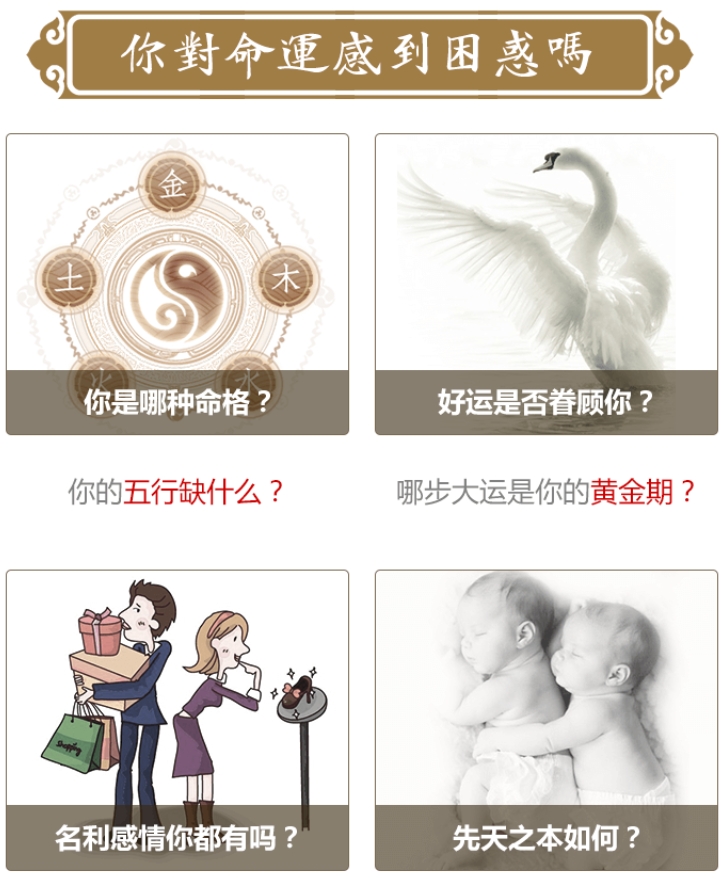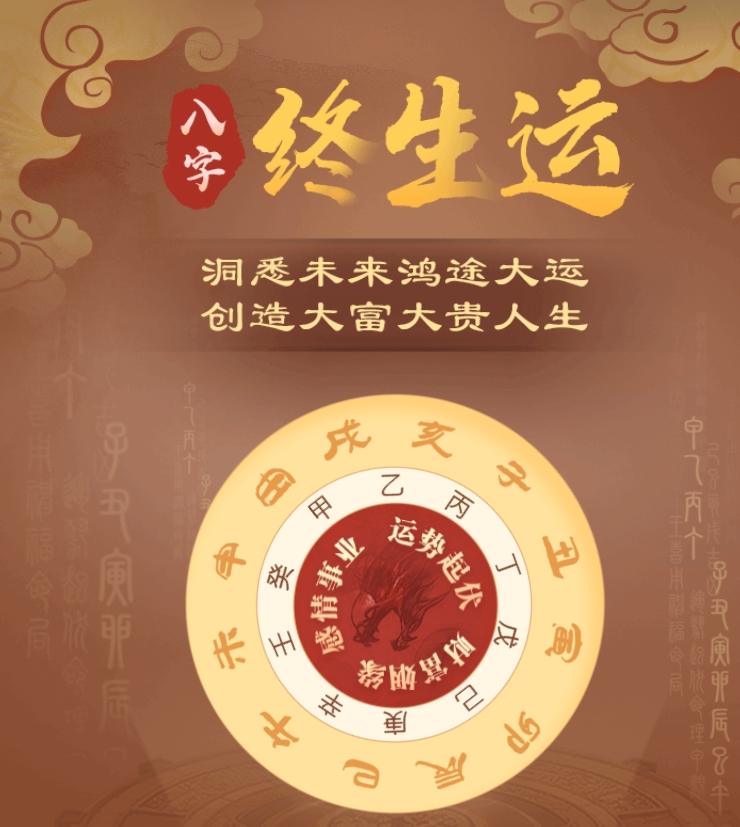How to Say August 25th in English: A Complete Guide
When it comes to expressing dates in English, many non-native speakers struggle with the proper format and pronunciation. August 25th might seem straightforward, but there are actually several correct ways to say and write this date depending on context. In formal writing, you'd typically see it written as "August 25" or "August 25th," while in British English the day often comes first as "25 August." The spoken versions vary too you might hear "August twenty-fifth," "the twenty-fifth of August," or even casual contractions like "August twenty-five" in some dialects.
In the United States, the most common way to write August 25th follows the month-day-year sequence. The standard formats include:
When speaking this date aloud, Americans typically say "August twenty-fifth" or "August twenty-fifth, twenty twenty-five" if including the year. The "th" suffix is crucial for proper pronunciation, distinguishing it from similar dates like August 21st (twenty-first) or August 22nd (twenty-second). This ordinal number system applies to all dates except the first (1st), second (2nd), third (3rd), and those ending in these numbers (21st, 22nd, 23rd, etc.).
Many English learners make predictable errors when writing or saying August 25th. Some frequent mistakes include:
These errors often stem from direct translation from the learner's native language or confusion between written and spoken forms. Remember that while "August 25" might appear in some contexts (like military or technical writing), "August 25th" remains the standard for general use in American English.
The UK and many Commonwealth nations follow a different convention, placing the day before the month. For August 25th, this means:
British speakers would typically say "the twenty-fifth of August" rather than "August twenty-fifth." This structure mirrors how dates are written in many European languages. The inclusion of "the" and "of" creates a more formal tone that some Americans associate with prestige or education, though it's simply standard in British English. When writing to international audiences, it's wise to spell out the month to avoid confusion between the American and British numerical formats (8/25 vs 25/8).
Beyond the basic structure, pronunciation of August 25th contains subtle variations worth noting:

The most formal version would be appropriate for speeches or presentations, while the casual versions work well in everyday conversation. Some regional dialects, particularly in parts of the American South or Australia, might further contract this to sounds like "Aug-twenty-fi'th" with the "th" barely pronounced. These variations demonstrate how date pronunciation can signal formality, education level, and even geographic origin.
For global communication, especially in military, aviation, or scientific contexts, the International Standard ISO 8601 format eliminates ambiguity. August 25th would be written:
This year-month-day sequence ensures clarity across languages and cultures. The spoken version typically follows the written form: "twenty twenty-five, August twenty-fifth" or simply "August twenty-fifth" if the year is understood. Many international organizations, including the United Nations and European Union, prefer this format for official documents. While not common in everyday American or British usage, understanding this system is crucial for anyone working in international fields.
When discussing August 25th in historical or cultural contexts, it's important to consider that not all calendar systems align with the Gregorian calendar:
This becomes relevant when translating dates for international audiences or studying historical events. For example, the famous eruption of Mount Vesuvius occurred on what we now call August 24-25, 79 AD, but would have been recorded differently in contemporary Roman calendars. Modern global citizens should at least be aware that date conversions exist, even if they don't need to perform them regularly.
Certain contexts modify how we express August 25th. Legal documents often spell out the date completely: "the twenty-fifth day of August, two thousand twenty-five." This verbose format prevents tampering or misinterpretation. Similarly, formal invitations might use elegant phrasing like "the twenty-fifth of August, two thousand twenty-five" to convey sophistication.
In journalism, the Associated Press Stylebook recommends "Aug. 25" for most references, reserving the full month name for formal contexts. Literary works sometimes use poetic alternatives like "late August" or "summer's end" when exact dating isn't crucial. These variations show how date expression adapts to different communication needs, from legal precision to artistic impression.
When referencing historical occurrences, date formats may vary by source but generally follow these patterns:

The 1985 Live Aid concerts were promoted as happening on "July 13" (London) and "July 13th" (Philadelphia), showing how even major events might use different formats simultaneously. This flexibility demonstrates that while consistency matters within a single document, absolute standardization across all contexts remains elusive.
Modern technology influences how we write August 25th in emails, texts, and social media:
Autocorrect features sometimes "helpfully" change "25th" to "25" or vice versa, requiring user vigilance. Date formatting in spreadsheets presents another challenge Excel might display 8/25/2025 while storing the value as a serial number. These digital-era considerations show how traditional date expression adapts (or sometimes fails to adapt) to new communication technologies.
ESL teachers employ various techniques to help students master dates like August 25th:
Research in Language Teaching Research suggests that combining written and spoken practice yields best results. Many textbooks introduce dates early in curricula since they combine numbers, months, and ordinal concepts fundamental building blocks for English proficiency. The repetition of monthly patterns (all 25ths follow the same rules) helps reinforce learning through predictable structures.
How societies write August 25th reflects deeper cultural values:
These preferences mirror broader cultural tendencies toward practicality, tradition, or systematization. In Japan, where the ISO format is standard, date organization in files and databases becomes extremely efficient. Meanwhile, the persistence of multiple formats in English-speaking countries demonstrates how language conventions resist standardization when rooted in national identity.

Corporate environments often establish style guides for dates like August 25th to ensure consistency:
A 2023 survey by the Global Business Communication Institute found that 68% of international companies now use year-month-day formats in internal documents, while maintaining localized formats for customer-facing materials. This dual approach balances operational efficiency with market familiarity. When in doubt, professionals should default to spelling out the month to prevent confusion in cross-border correspondence.
The way we write and say August 25th has changed over centuries:
The simplification of date expression parallels broader language trends toward efficiency. The current variation between American and British formats solidified in the late 19th century as both nations standardized their respective conventions. Future changes may see greater adoption of international standards, especially in digital contexts where unambiguous dating prevents technical errors.
Individuals often develop personal shorthand for dates like August 25th:
These personal systems demonstrate how date expression serves both functional and psychological needs - the format we choose can feel like part of our organizational identity. Some people report that seeing "August 25th" written out feels more "real" or significant than numerical abbreviations, suggesting that date formats carry subtle emotional weight beyond their practical function.